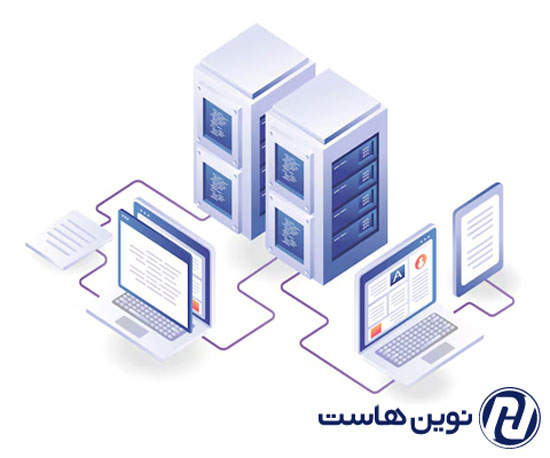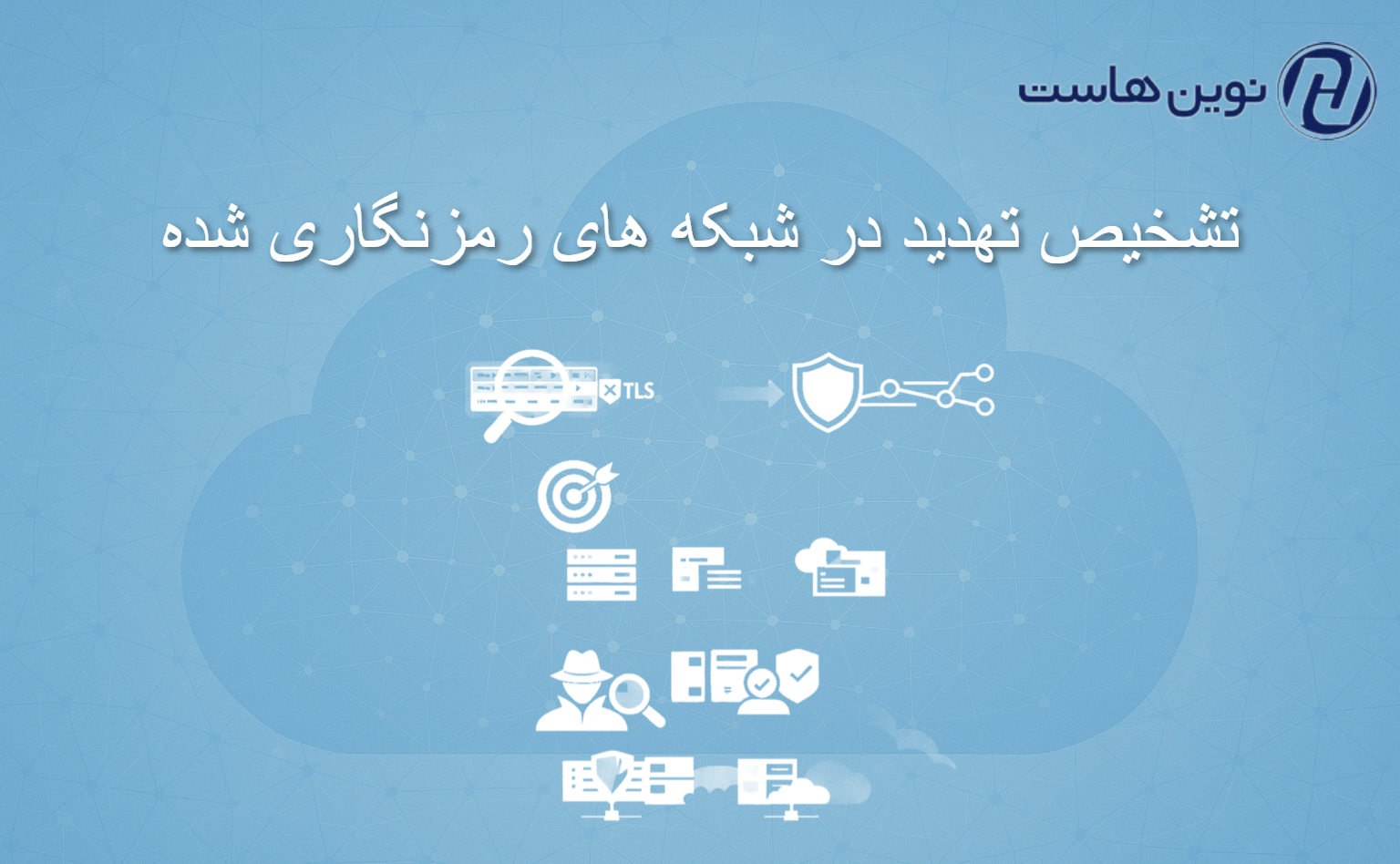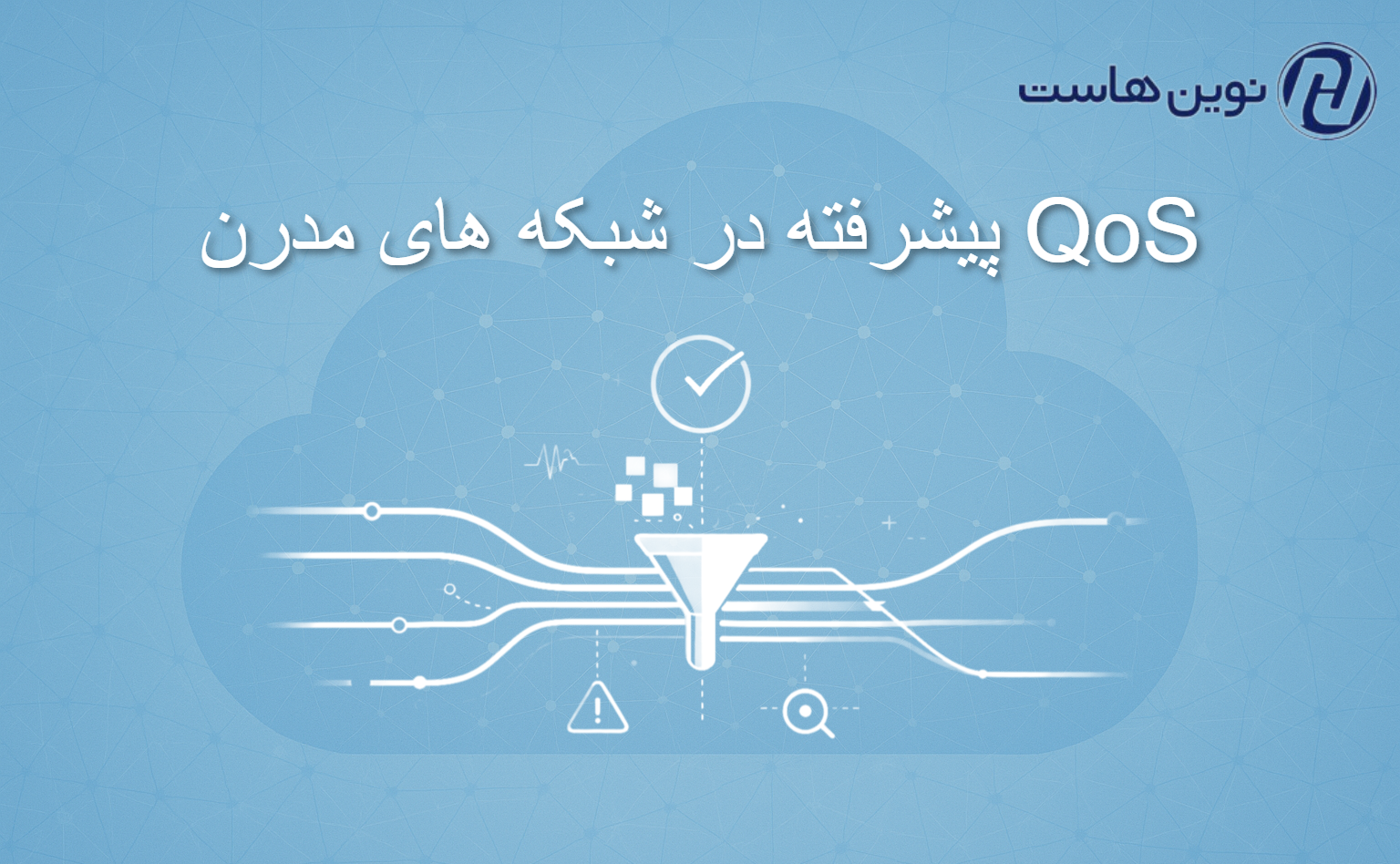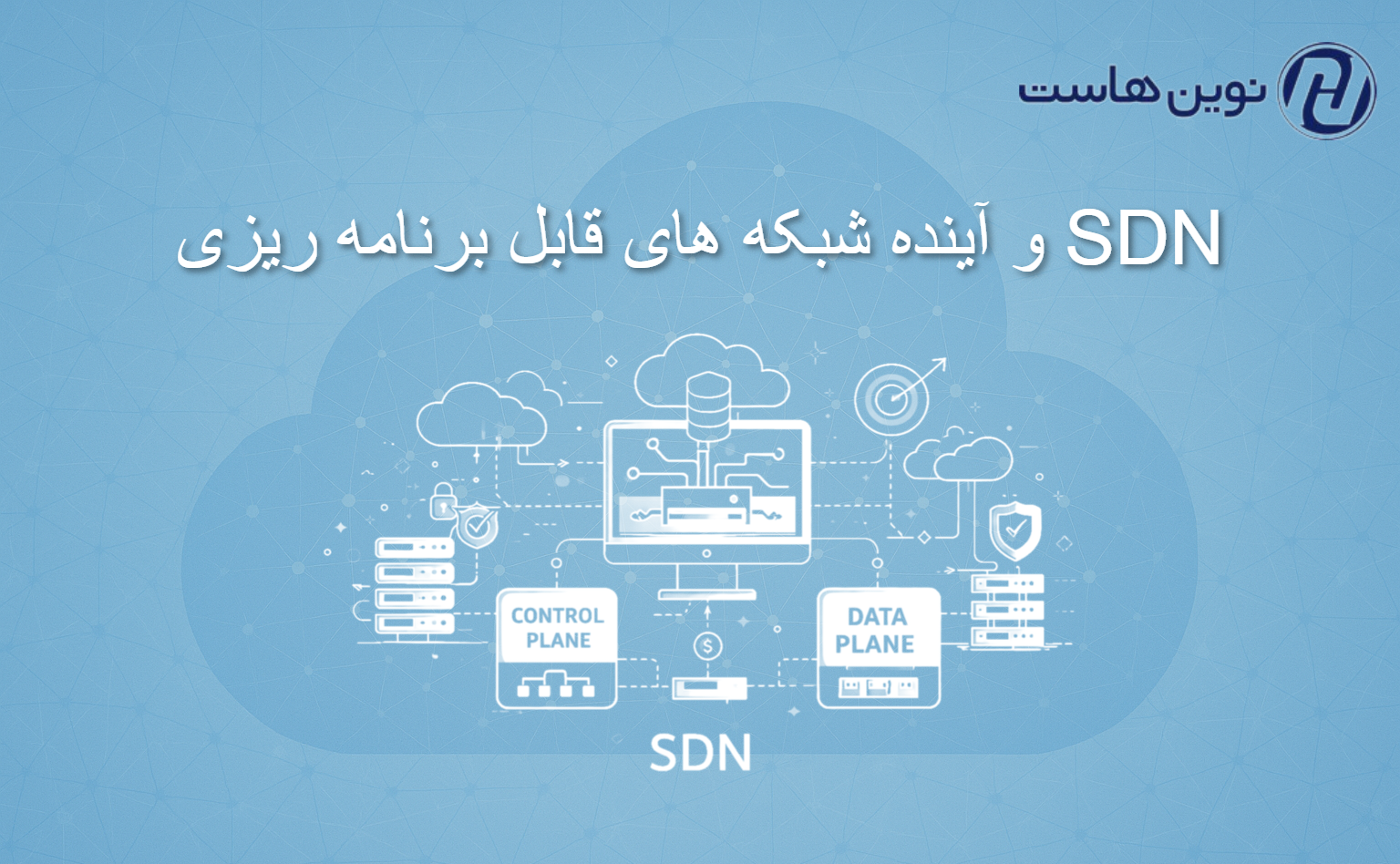In the world of web hosting and IT infrastructure, businesses often face the challenge of choosing the right server to meet their needs. Among the most common server types are Virtual Private Servers (VPS), Dedicated Servers (VDS), and Cloud Servers. Each offers distinct features, and the right choice largely depends on the specific requirements of your business. But how do these server types differ, and which one should you choose? In this article, we will break down these differences in a simple yet detailed manner, highlighting their features, advantages, and when each type is most suitable.
۱. Virtual Private Server (VPS)
A Virtual Private Server ( VPS ) is a virtualized server that functions as a dedicated server within a larger physical server. It is created using hypervisor technology that partitions a physical server into multiple virtual servers. Each virtual server runs its operating system (OS) and has its own allocated resources, such as CPU, RAM, and storage.

Key Features of VPS:
Shared Resources:
Although each VPS has dedicated resources, it still shares the underlying physical hardware with other VPS instances.
Cost-Effective:
VPS is cheaper than a dedicated server because the resources are shared, allowing providers to offer it at a lower cost.
Customizability:
You have full control over the VPS, with the ability to install software and configure the server as you need.
Limited Scalability:
While VPS offers more flexibility than shared hosting, its scalability is limited compared to cloud servers.
When Should You Use VPS?
VPS is ideal for small to medium-sized businesses that need more control over their hosting environment but don’t require the full resources of a dedicated server. It’s perfect for websites that are growing and need more stability, but aren’t yet large enough to justify a dedicated server.
۲. Dedicated Server (VDS)
A Dedicated Server, also known as a Virtual Dedicated Server (VDS), provides users with a physical server entirely dedicated to them. Unlike VPS, where resources are shared with other users, a dedicated server gives you complete control over all of the server’s resources, including the CPU, RAM, storage, and bandwidth.

Key Features of Dedicated Server:
Complete Control:
You have full control over your server, including the ability to install custom software, configure the server, and even choose the hardware specifications.
No Resource Sharing:
Unlike VPS, which shares resources with other virtual machines, a dedicated server provides you with the full performance of the physical hardware.
High Performance:
Dedicated servers offer superior performance due to the availability of all the server’s resources for a single user.
Higher Cost:
Dedicated servers are generally more expensive than VPS because they offer exclusive use of the physical hardware.
When Should You Use Dedicated Servers?
Dedicated servers are best suited for large enterprises or businesses with high-traffic websites, resource-heavy applications, or custom configurations that require maximum performance. If you need a server that can handle a significant load and you can afford the higher cost, a dedicated server is a solid choice.
۳. Cloud Server
A Cloud Server is a virtual server that runs on a cloud computing environment rather than a single physical server. Cloud servers are part of a larger cloud infrastructure that utilizes multiple physical servers across various locations. The key benefit of a cloud server is its ability to scale on demand, making it an ideal choice for businesses with fluctuating workloads or unpredictable traffic patterns.

Key Features of Cloud Servers:
Scalability: Cloud servers offer the ability to scale resources up or down based on demand, allowing businesses to only pay for what they use.
Reliability: Cloud servers are often distributed across multiple data centers, which enhances reliability and uptime. If one server fails, another can take over without downtime.
Pay-as-You-Go Pricing: Most cloud hosting providers charge based on resource usage, meaning businesses can optimize costs by only paying for the resources they need at any given time.
Elasticity: Resources such as computing power, storage, and bandwidth can be adjusted dynamically, making cloud servers highly flexible.
When Should You Use Cloud Servers?
Cloud servers are perfect for businesses that experience varying traffic or need to scale resources dynamically. They are also ideal for startups or businesses that want to avoid the upfront costs associated with purchasing physical hardware. If your applications require high availability and fault tolerance, a cloud server is the right choice.
Comparison Table: VPS vs. Dedicated Server vs. Cloud Server
| Feature | VPS | Dedicated Server (VDS) | Cloud Server |
|---|---|---|---|
| Control | Full control over the virtual server | Full control over the entire physical server | Full control, but on a virtualized platform |
| Performance | Shared resources with other VPSs | Fully dedicated resources | Scalable and elastic performance |
| Cost | Affordable, cost-effective | Expensive due to dedicated hardware | Pay-as-you-go pricing, flexible |
| Scalability | Limited scalability | Limited scalability | Highly scalable, resources can be increased or decreased dynamically |
| Resource Allocation | Shared hardware resources | Exclusive use of physical hardware | Distributed across multiple servers |
| Ideal For | Small to medium-sized businesses | Large enterprises with high resource needs | Businesses with fluctuating or unpredictable workloads |
| Reliability | Lower than dedicated servers due to shared resources | High reliability due to dedicated hardware | High reliability with redundancy across data centers |






